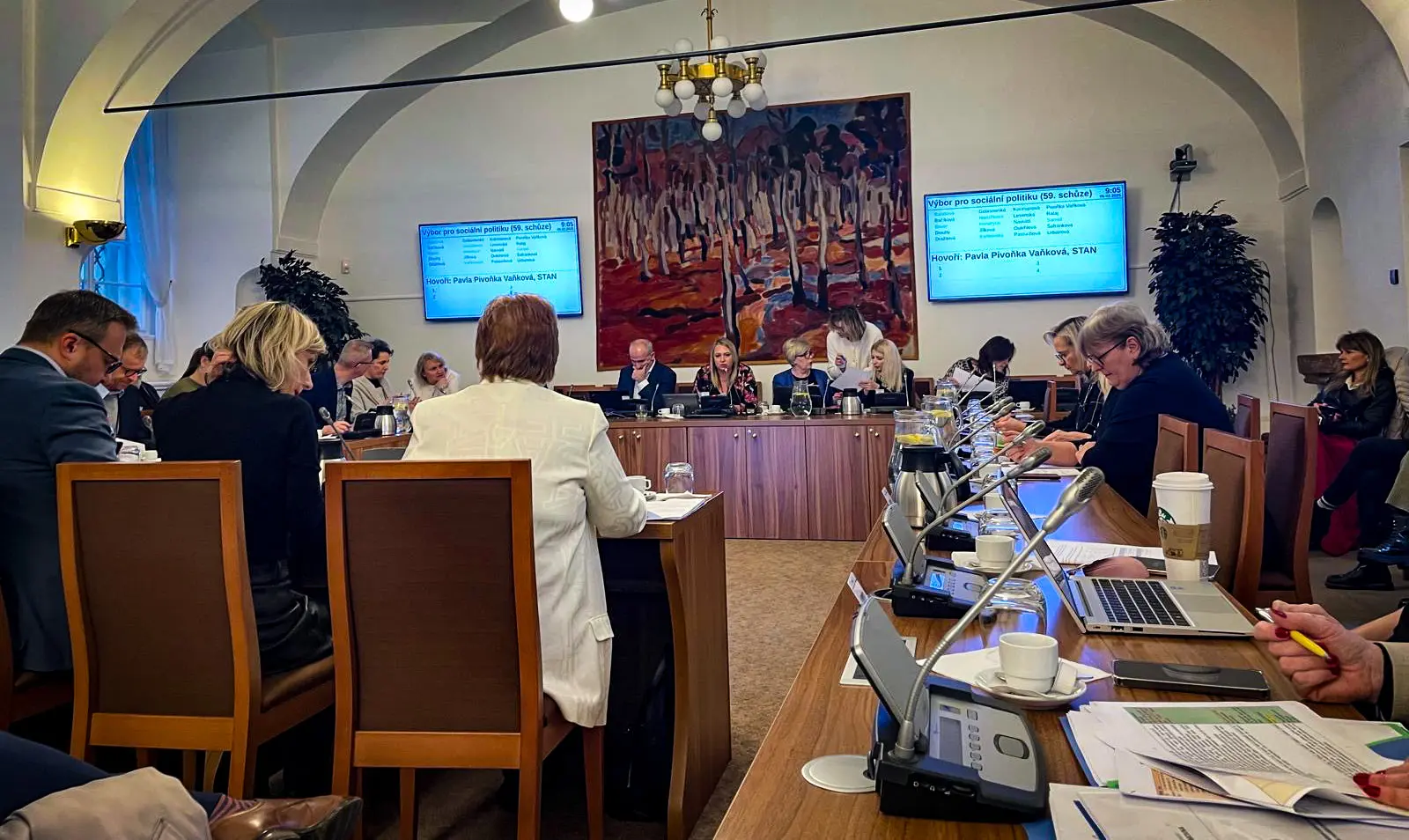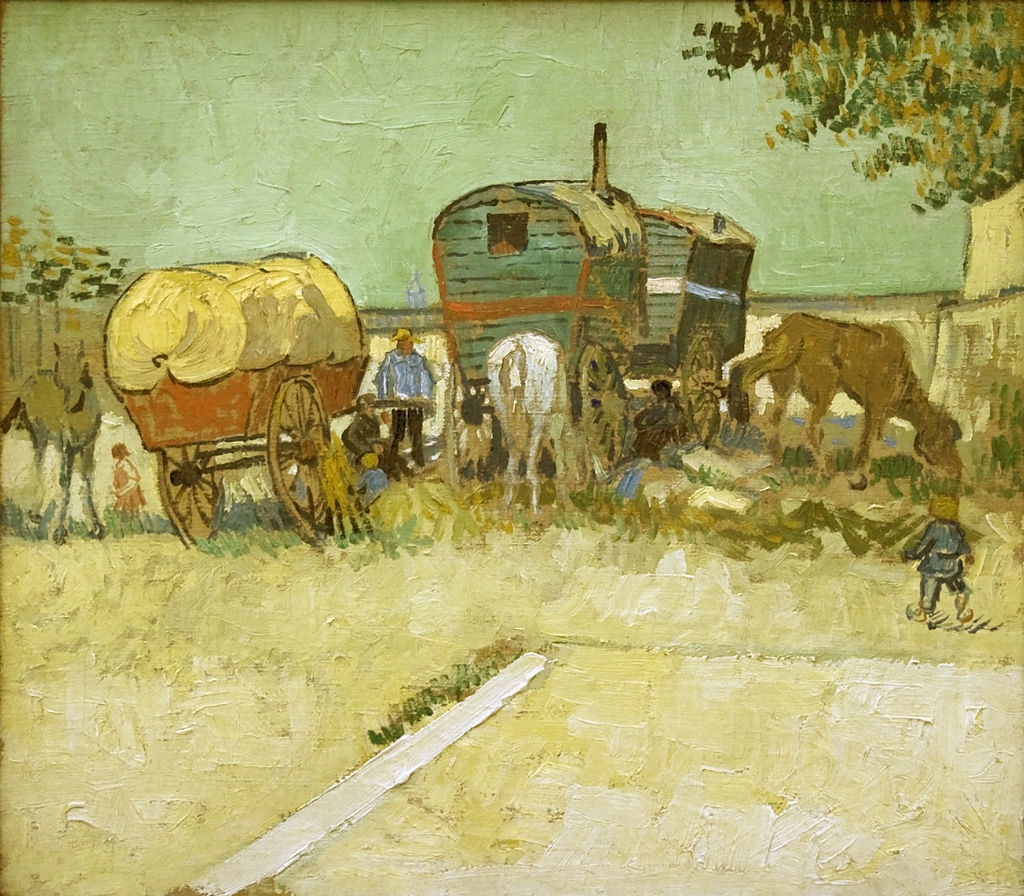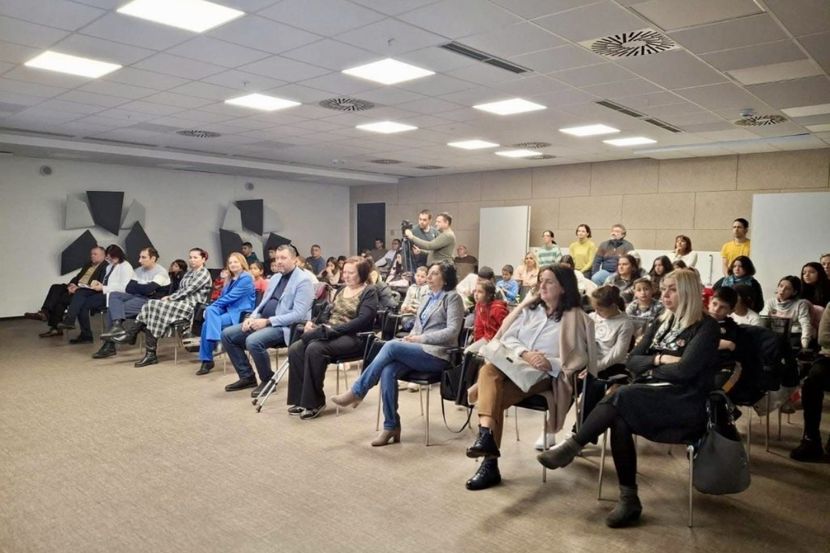Lausberg (2013) raises an important question on the relation of knowledge produced by Rroma experts about Rroma and its appropriation by the public. Lausberg criticises Rolf Bauerdick “Gypsy: Encounters with unpopular people” for the reproduction of centuries-old stereotypes, because Bauerdick, in addition to the descriptive plane of his book, did not manage to address other levels of reality such as the dominant social discourses, the heterogeneity of the Rroma or the xenophobic instrumentalisation Rroma. Bauerdick’s critique of the common view of the Rroma as victims, deprived of their own power to act, is an important objection to public views of the Rroma. Also they are responsible for their own destiny, not only the structures of society. However, in this criticism, he commits the mistake to unilaterally describe Rroma representatives as elitist, overly moralistic and haughty, and himself as an empirical journalist, a revealer of objectivity: “The reference to his decades-long meetings with Roma displays his intention to make him appear as a reliable insider, to strengthen his credibility. His point of view as he approaches the target group under investigation (Roma) is highly questionable and dubious. Bauerdick is not able to distance himself from the normal ideas of his own Western culture and to understand Roma from their own cultural and social context. […] Bauerdick wants to refute the theory that the majority of society is always the perpetrator and the minority always the victims. On the questions of who ever set up this theory and why it supposedly has hegemonic character, he is going into. Bauerdick even claims that “the Gypsies are exploited far less than the Gadsche by members of their own people. ( Bauerdick, 2013, p 14).”
Lausberg so rightly criticized the ambivalent role of self-appointed Rroma experts. Expertise usually works according to the logic of stabilization, reduction, purification and synthesising of heterogeneous and often contradictory knowledge. Complex phenomena such as the highly complex issue of the Rroma identity appear in their statements as clearly analyzable and describable. In the Bauerdick case, he commits the serious mistake to reduce the reality to what he was able to observe during his research trips. That the Rroma identity also tocuhes topics such as self-and external attribution of identity, dominant societal views and different opinions and lifestyles among the Rroma themselves, he is not taking into account. Instead of a complex, sometimes even contradictory picture, he creates a one-sided caricature of Rroma living in slums, who have fallen into apathy and who call themselves “Gypsies”. Towards “invisible Rroma”, to which one simply cannot even go fast by car, Bauerdick is not fair: they too form part of the social reality of the Rroma. They do not live in slums and do not conform to questionable statistics on illiteracy and to the exorbitant numbers of Rroma children. Bauerdick could exactly as well have written a book about well-integrated Rroma. He would then admittedly have disregarded a part of reality, but he would have stimulated critical thinking, that what must be all good journalism goal. Instead, one is now forced to read a lot of positive reviews about his book, praising uncritically Bauerdicjk’s supposedly objective empiricism” “The book convinces because the author is aware of the situation at all focal points of the gypsy life in Europe itself, he knows the people, he knows those who, in the northern city of Dortmund, experienced the onslaught of enslaved women, the portrait of Radka Inkova […], whom he meets in the northern city of Dortmund, we read with a great sad wave. Radka was born in Stolipinovo, into a family with twelve children. The parents did not send them to school, they married after Gypsy law as they were twelve years old. The man beat her every day and she left him, and since fell into the clutches of Arslan P. He enticed her to Dortmund” (Neudeck 2013). Individual stories are presented as tangible cultural traits and thereby convey a point of view that present the Rroma as responsible for their own social exclusion. Moralistic views need to be carefully questioned, as they often hide the complexity of reality behind one-dimensional opinions. His book, which without doubt was written with a lot of empathy towards Rroma, is now instead exploited by right-wing politicians to create propaganda against Eastern European immigrants. A critical analysis of knowledge generation and appropriation is therefore so important. Adorno and Horkheimer have referred to this problem in “Dialectic of Enlightenment” as early as 1947.
- Bauerdick, Rolf (2013) Zigeuner: Begegnungen mit einem ungeliebten Volk. München: Deutsche Verlags-Anstalt.
- Lausberg, Michael (2013) Eine Semantik der Gefahr: Rolf Bauerdick und die extreme Rechte. In: Netz-gegen-Nazis online vom 16.9.2013. http://www.netz-gegen-nazis.de/artikel/eine-semantik-der-gefahr-8974
- Neudeck, Rupert (2013) Zigeuner – Begegnungen mit einem ungeliebten Volk Ein fröhlich-mutiges Buch, das ein Ziel hat: Unterstützung der Zigeuner. In: Sonnenseite online vom 22.8.2013.http://www.sonnenseite.com/Buch-Tipps,Zigeuner+-+Begegnungen+mit+einem+ungeliebten+Volk,34,a26298.html







